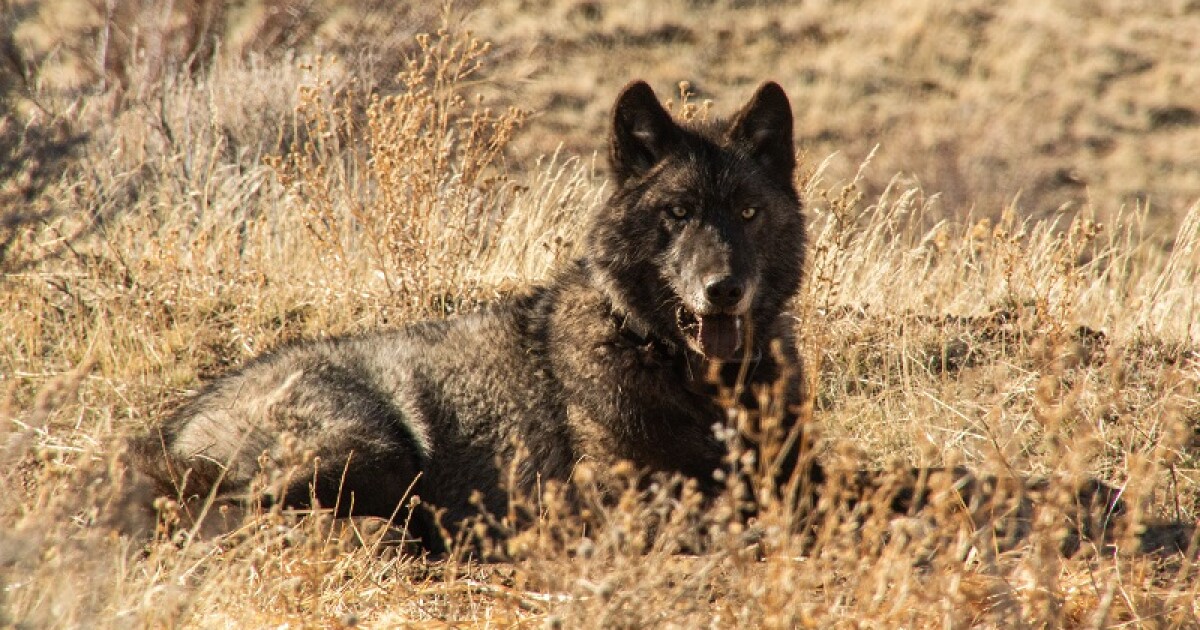Keep up with LAist.
If you’re enjoying this article, you’ll love our daily newsletter, The LA Report. Each weekday, catch up on the 5 most pressing stories to start your morning in 3 minutes or less.
Topline:
The California Department of Fish and Wildlife and the U.S. Fish and Wildlife Service recently euthanized four gray wolves because of an “unprecedented” number of livestock attacks, according to the state department Friday.
Why now? The action followed months of attempts to reduce the number of livestock attacks, including diversionary feeding, use of drones and 24/7 field presence. Officials said the wolves “became habituated to cattle as a primary food source.” They said the attacks are a threat to livestock and wolf recovery.
What we know about the pack: The deaths were among the Beyem Seyo pack in Sierra Valley over the past month. One male and two female wolves were euthanized, along with a juvenile wolf that was mistakenly killed. The remains of two other young wolves also were found, but the cause of death is unknown. Juvenile gray wolf deaths due to natural causes are common.
More on the livestock deaths: The state department reported that between March 28 and Sept. 10, the pack was responsible for 70 livestock losses, or 63% of the total livestock losses across the state during the same time period. CDFW does have a compensation program for livestock owners who have lost animals to wolves.
Officials said: Jen Benedet, acting deputy director of communications at the California Department of Fish and Wildlife said, “CDFW staff will focus on utilizing the best available science, a strong understanding of wolf biology and successful adaptive wildlife management practices to ensure both gray wolves and California’s communities can thrive together.”
Background: The gray wolf is a recovering endangered species protected under state and federal law in California. CDFW did not reintroduce the animals to California, but they have returned through on their own from other states. There are several known packs in the state, and you can track them here.

